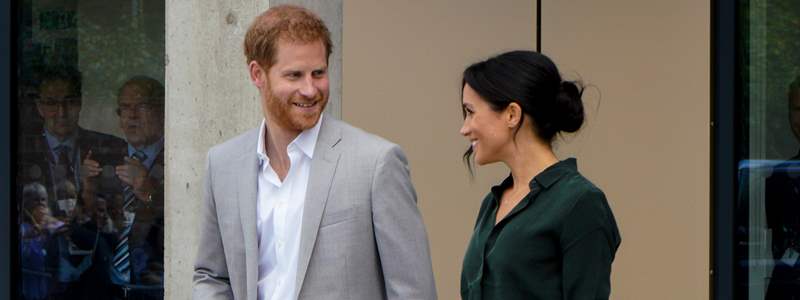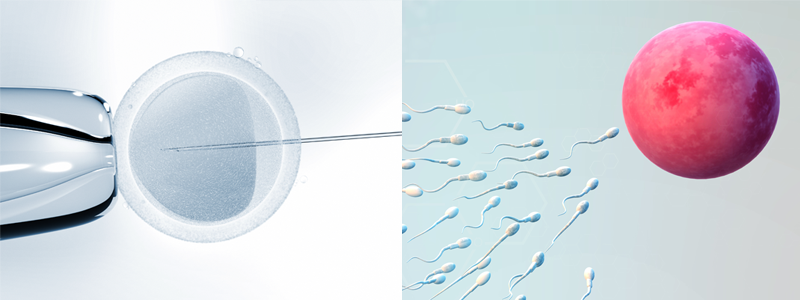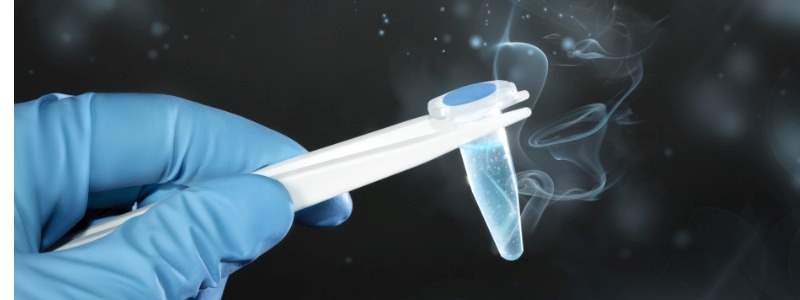The recent announcement that Meghan Markle is pregnant at 37 years old will no doubt be a surprise and a delight to many in the US and the UK.
This is relatively soon after Megan’s and Harry’s wedding (19th May 2018), suggesting they did not have any problems conceiving. However, the truth is that Megan is over the age of 35, meaning that her chances of falling pregnant naturally have started to decline rapidly in recent years. This is because, between the ages of 30 and 40 years, a woman’s chance of conceiving per cycle fall from approximately 20% to just 5%.
“Fertility rates decline sharply after the age of 35” says our Medical Director Geeta Nargund in a recent article in Huffington Post. ”However women in their mid to late thirties conceive naturally if they are ovulating regularly, have no known cause of sub-fertility and have maintained a healthy lifestyle when there is no male factor problem. Men’s age also has an impact on their fertility.”
A decline in fertility is therefore not a reason to panic. It merely highlights the fact that both women and men need to be aware of the impact of ageing on fertility and know how best to improve their chances of conceiving given their circumstances.
How to improve your chances of getting pregnant at 37
There are many ways you can improve your chances of conceiving naturally. For instance, keeping your weight within an optimal BMI, eating a nutritionally balanced diet and quitting smoking have all been proven to help boost your fertility.
What’s more, knowing when your ovaries are releasing an egg, and having sex during this “fertile window” can greatly improve your chances too. Please use our ovulation calculator to see when you are most fertile.
For more information on how best to improve your chances of falling pregnant naturally, please see 5 Things to Think About if You Want to Have a Baby.
Knowing your personal fertility
If you are trying for a child,or have been trying for a while unsuccessfully, it is important you speak to your GP about your options. In many cases, having a simple fertility test can provide you with life-changing information.
“As 1 in 6 couples have difficulty conceiving, having a fertility test provides both men and women with crucial information about their chances of conceiving that enables them to make informed decisions before it may be too late” says Professor Geeta Nargund,.
Hence having a fertility test shifts the paradigm from treatment to prevention - couples can make informed decisions as a result of their diagnosis. In many cases this enables them to avoid fertility treatment all together.
Find out about CREATE’s 1 hour Fertility MOT or other fertility diagnosis options here.
Options for women who delay pregnancy
The number of women having babies after the age of 35 has increased substantially in the last 30 years, and the reasons are manifold. For example, more women are attending university and pursuing careers and advances in contraceptive (and reproductive) technology are giving women more control in planning their family. There is also the rising cost of raising a family, or the simple fact that many women do not find a suitable partner until later on.
Therefore there is no denying that many women have, and will, continue to fall pregnant at 37 like Meghan Markle. Results from a study even found that 82% of 35-39 year-old women are likely to conceive with a year if they are having sex at least twice a week. However, many women will also struggle to conceive at this age owing to their decreasing chances of getting pregnant, and will so seek some fertility assistance.
With this in mind, it is important that women are aware of the different types of fertility treatments available to them. There is no “one size fits all”; your treatment should be tailored to you and your individual circumstances. For instance, here at CREATE Fertility, we offer Mild and Natural Cycle IVF treatments that work alongside a woman’s natural cycle - they focus on the quality of eggs retrieved, not the quantity, and are much gentler on the body. There are fewer drugs, and no down-regulation process (where the menstrual cycle is shut down).
If you are trying to fall pregnant at 37 or older, or would like to learn about your fertility options. Please contact our friendly team today.







